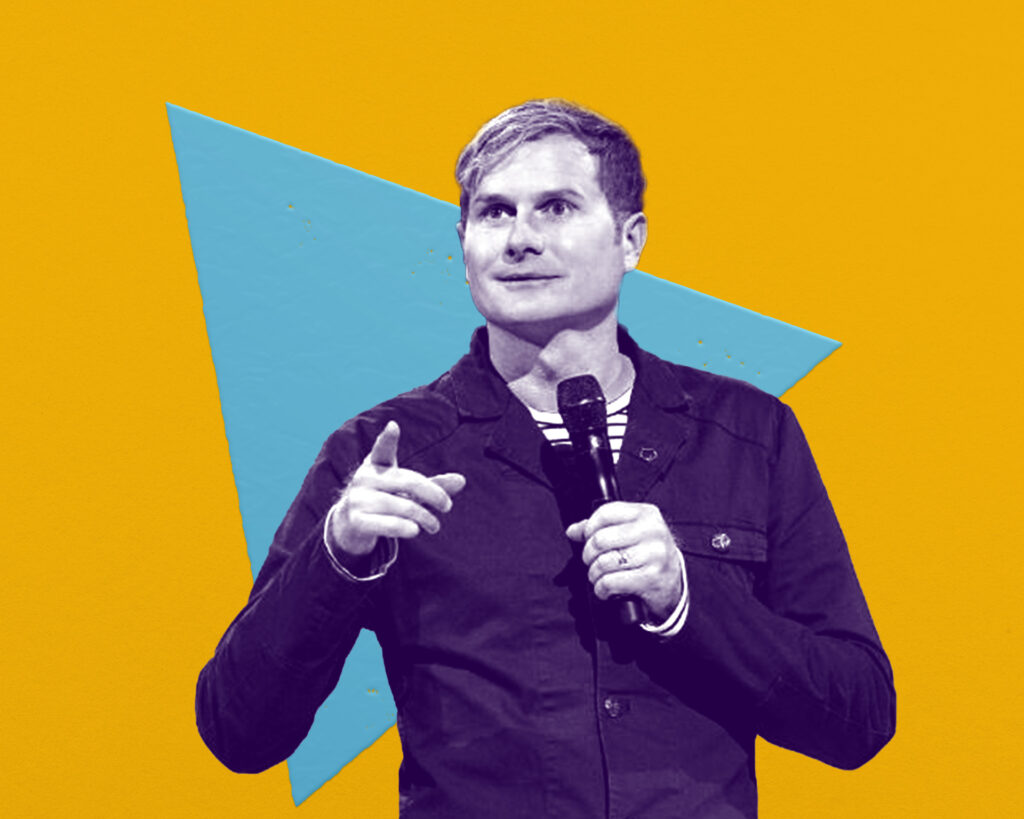Master a new skill. Be the master of the house, or the master of your domain. Strive to become a master of the universe. Need to demonstrate your mastery? Go back to school and get your master’s degree!
Suffice it to say that our culture extolls the virtues of mastery. It’s embedded in our very language, in the idioms we use every day. The merits of mastery seem so self-evident that we seldom stop to investigate them.
After all, who wouldn’t want to be in control? When promised the power to shape the world to one’s liking, who could possibly say no?

This mastery-and-control narrative has been generalized to include our thoughts and feelings. Master your emotions. Suck it up. Positive thinking only. This is the price of getting ahead. While I’m all for cultivating one’s best life, I’ve learned that the drive toward inner mastery can easily turn destructive.
The bottom line is that we can’t control everything, particularly our thoughts and emotions, and to attempt that impossible feat is to set yourself up for failure and anxiety.
Many of us have been taught from a young age that some emotions are good and others are bad. Perhaps your parents told you that “we don’t do anger in this house” or instructed you to “come back when you have a smile on your face.”
The message to master your feelings comes with some insidious subtext: You should feel bad for feeling bad. This inclination is neither healthy nor productive.
Don’t waste time beating yourself over your emotions.
Your feelings are neither good nor bad. They just are.
Don’t attempt to force them into submission. Rather, identify and consider them.
Maybe the demands of a newborn baby have left you feeling exhausted and resentful. These emotions are valid, and they do not make you a bad person. The urge to bury that exhaustion and resentment—to master them—won’t do anyone any good.
Rather than berate yourself, take the opportunity to look for ways that those difficult feelings might be understood. In this instance, if you’re in need of some self-care, ask your partner to step up and do more of the chores, for example, or call on a relative to babysit one evening a week so you can rejuvenate yourself.
And if it turns out these feelings can’t realistically be mitigated, then make your values-driven choices while reassuring yourself that doing so is sometimes very difficult. Care for your baby while admitting that it’s hard. Don’t make your life even harder by insisting that you should find it easy.
The desire for mastery is rigid. There is no flexibility in demanding that it’s “my way or the highway.” The emotionally agile approach, by contrast, is adaptable and dynamic.
You don’t struggle in vain to make the world fit your fantasies, or try to cast out feelings that will linger with or without your consent. You accept what is, and move on from there.






 Take the Quiz
Take the Quiz